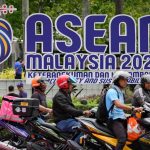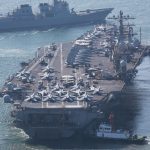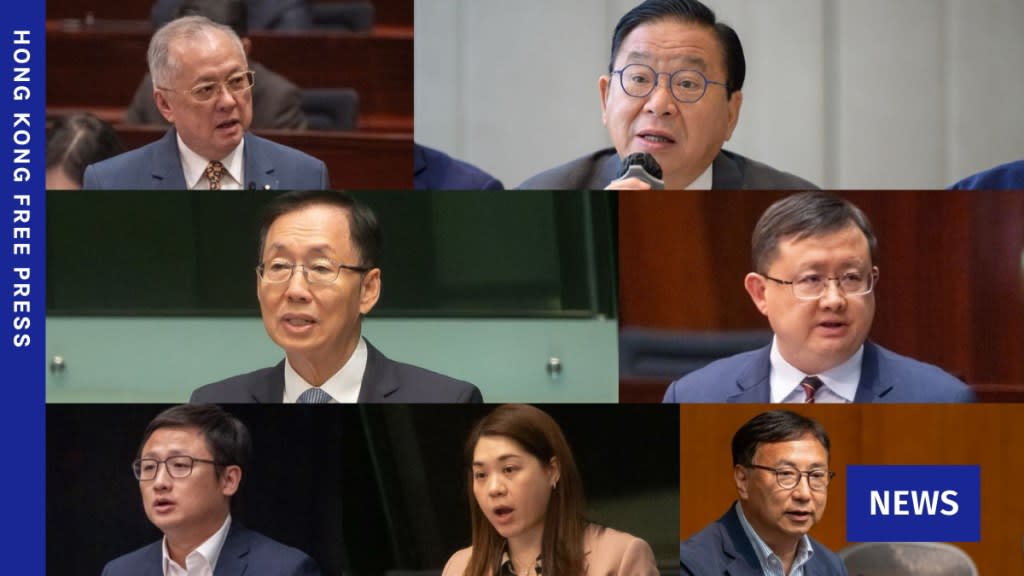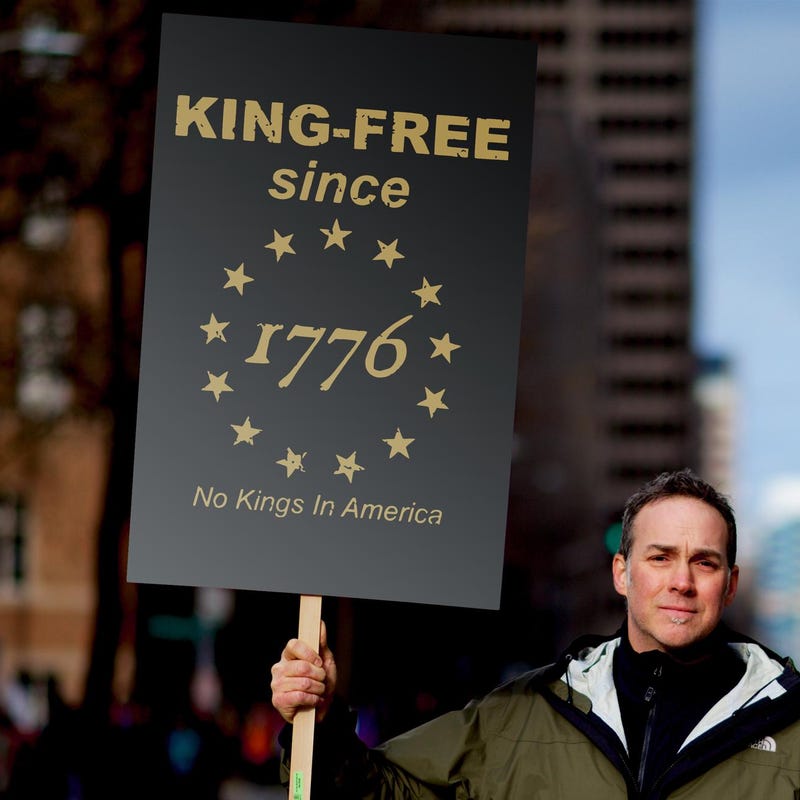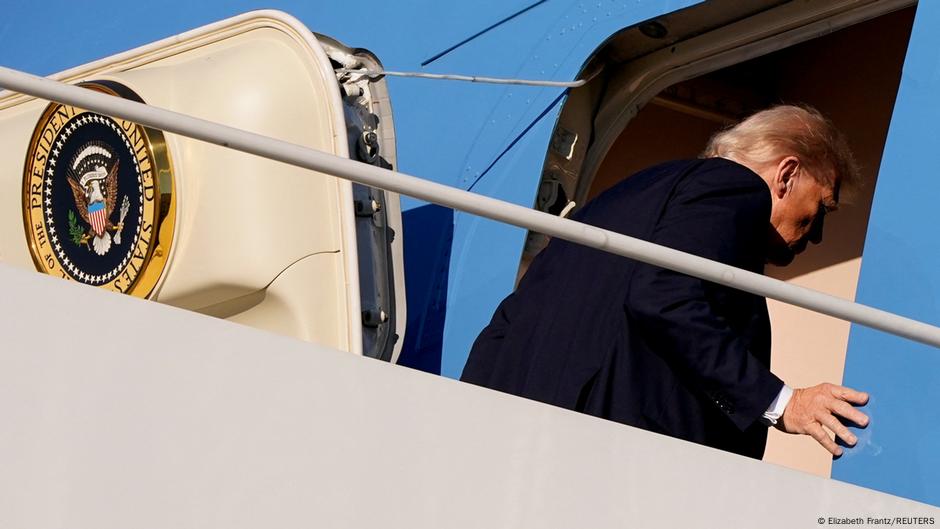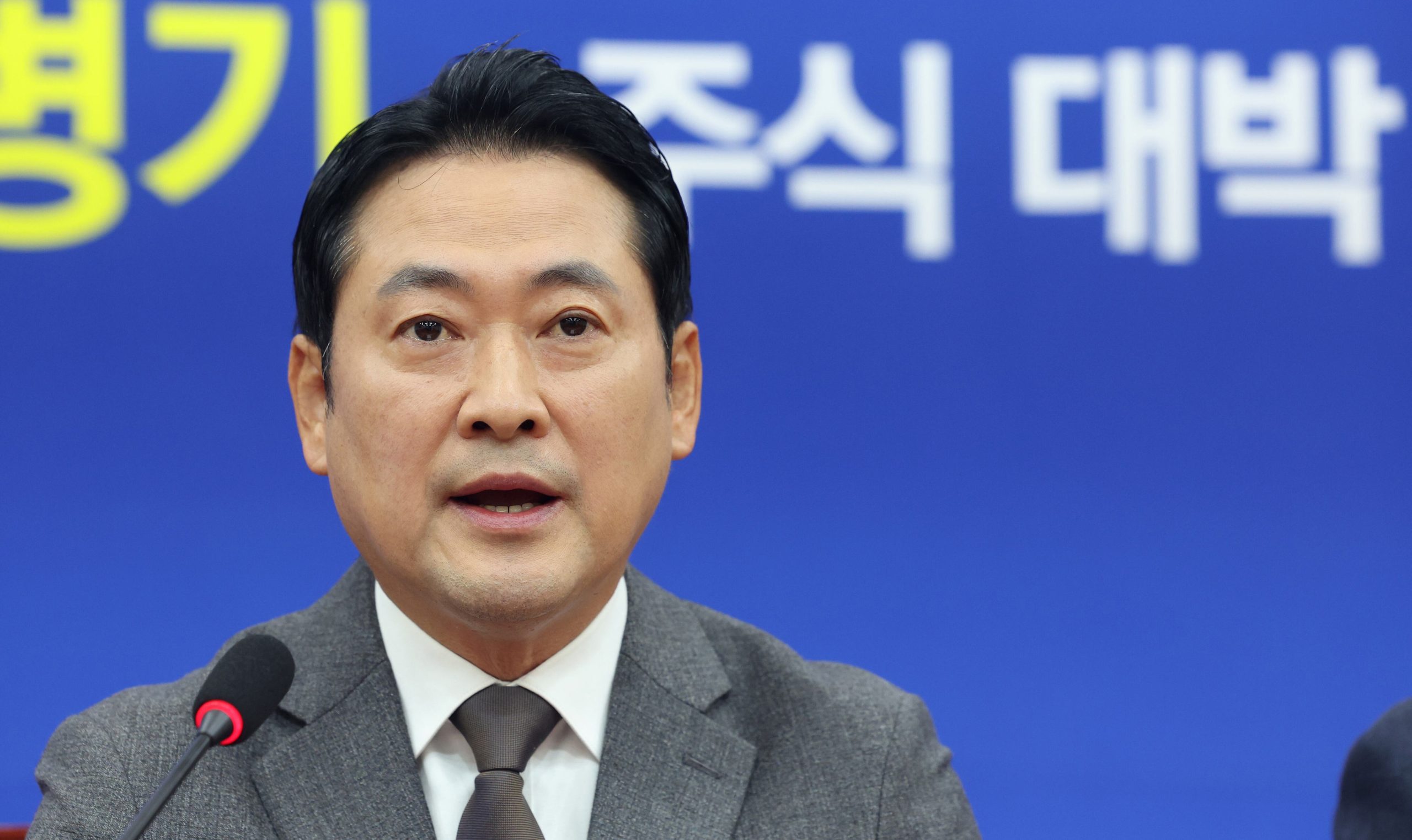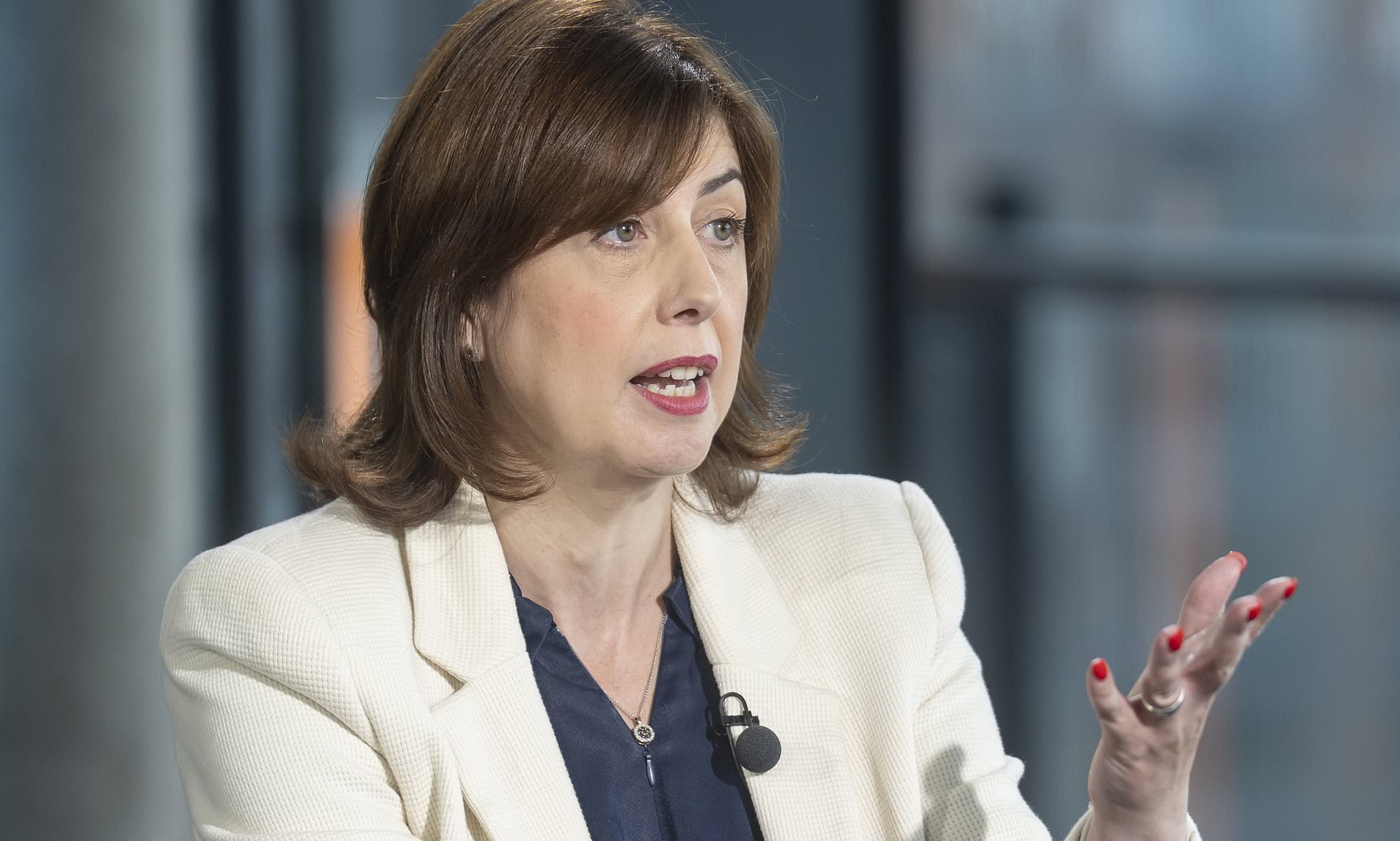A Shift in Hong Kong’s Legislative Landscape
Several prominent legislators in Hong Kong have recently announced their decision not to participate in the upcoming “patriots-only” legislative election scheduled for December. This move marks a significant shift in the political dynamics of the region, with at least nine lawmakers choosing not to seek re-election.
Among those who have made this announcement is Tik Chi-yuen, the only self-proclaimed non-establishment lawmaker on the council. His decision came after a meeting with members of his party, Third Side, as reported by local media. The party, which positions itself as moderate, may consider fielding one of three younger members as a candidate for the election.
Tik clarified that he did not receive any instructions from authorities suggesting that lawmakers who frequently criticized the government would be excluded from the race. He explained that his decision was based on the party’s limited resources, which allowed only one candidate to be nominated. As a result, the party opted for a transition to younger leadership.
In addition to Tik, several other seasoned lawmakers have also decided not to run for re-election. Chan Kin-por and Tommy Cheung Yu-yan, both in their 70s, expressed their desire to provide opportunities for younger individuals. Cheung, who has been part of the legislature since 2000, emphasized the importance of passing the baton to new talent. He mentioned that he had considered the development of the One Country, Two Systems framework and the needs of the catering sector he represented.
Cheung shared his thoughts in a video posted on Facebook, where he highlighted his age and the significance of giving younger individuals more opportunities to grow. He expressed gratitude for the support he has received from the catering industry and the people of Hong Kong, vowing to continue advocating for their interests.
Similarly, Chan Kin-por, who has served in the LegCo since 2008, stated that it was time to pass the baton to capable individuals. He reflected on Hong Kong’s transformation and the current administration’s innovative approach to addressing deep-rooted issues.
Kennedy Wong, who joined LegCo in 2022, also announced his decision not to seek re-election. He cited his focus on duties as a Hong Kong deputy to the National People’s Congress and chairperson of the Hong Kong Baptist University Council. Wong emphasized his commitment to contributing to Hong Kong’s development.
On Sunday, legislator Gary Zhang stated that he would not run in the next LegCo race due to family reasons. He expressed pride in having earned the trust of the country and the support of the citizens over the past four years. Zhang also mentioned his efforts in helping individuals arrested during the 2019 extradition bill protests obtain Home Return Permits.
Jeffrey Lam, another five-term legislator and ExCo member, also announced his decision to leave the legislature to give young people more opportunities to serve the public. Connie Lam, elected in the New Territories South geographical constituency, shared her intention to return to her profession as a social worker and pursue a postdoctoral degree.
There are growing speculations that around one-third of current legislators might not be staying. Some reports suggest that securing another term could depend on passing an informal assessment by the chief executive. Unnamed sources indicated that senior government officials have written reports on certain legislators, which could influence their future in LegCo.
The December 7 polls will be the second LegCo elections since Beijing passed a resolution in 2021 to overhaul Hong Kong’s electoral system, ensuring only “patriots” hold power in the legislature. The 90 legislative seats include 20 from geographical constituencies, 30 from functional constituencies, and 40 from the Election Committee.
In March 2021, Beijing passed legislation to ensure “patriots” govern Hong Kong. This move reduced democratic representation in the legislature, tightened control of elections, and introduced a pro-Beijing vetting panel to select candidates. While the Hong Kong government claimed the overhaul would ensure stability and prosperity, it faced international criticism for making it nearly impossible for pro-democracy candidates to stand.

